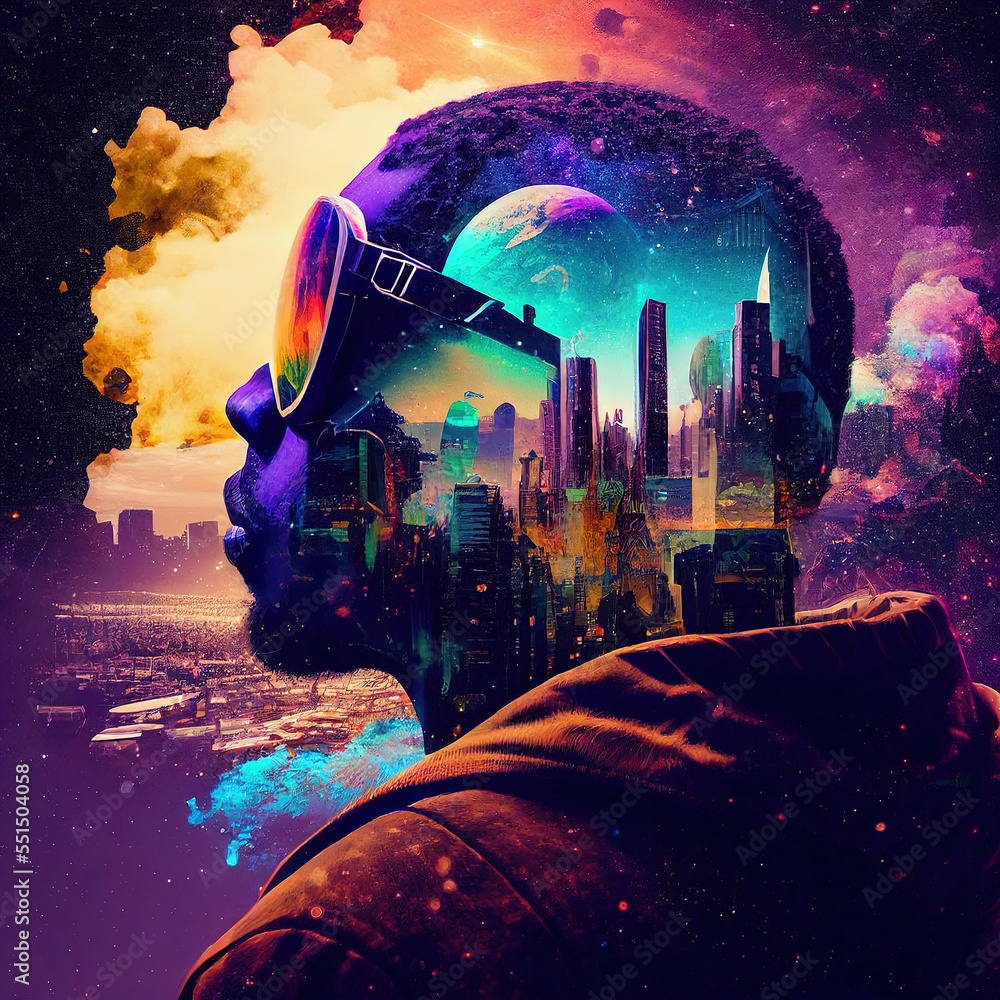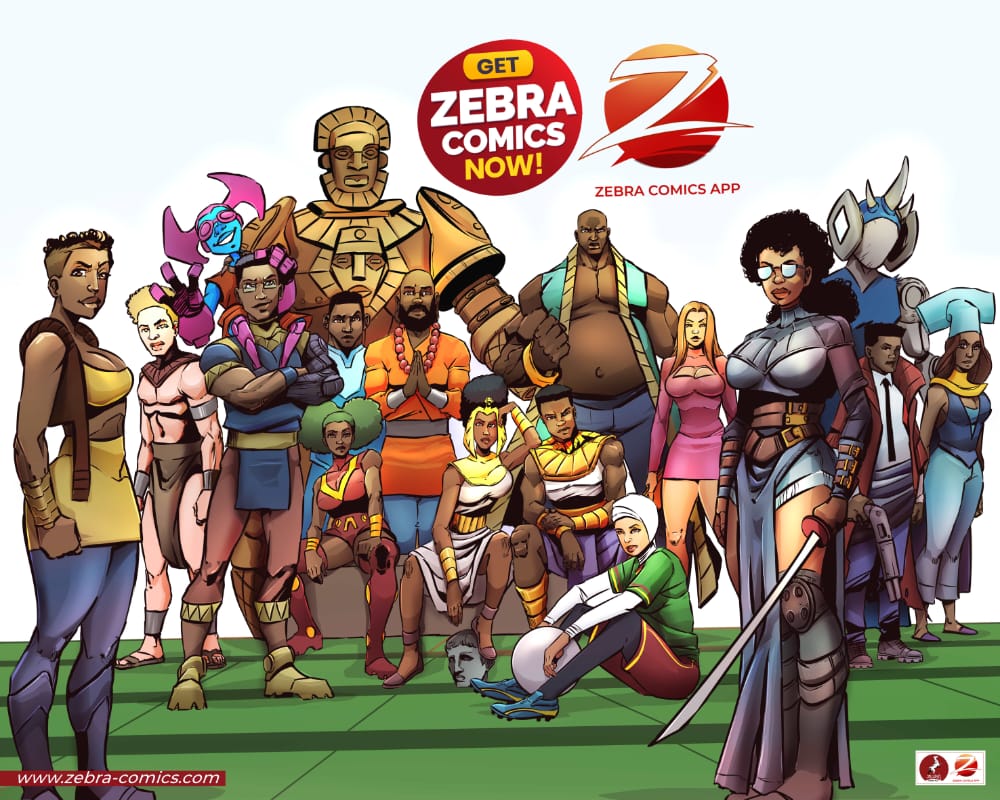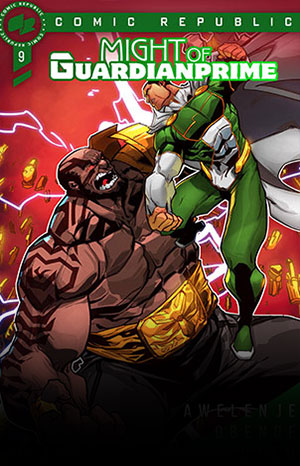In the world of literature and comics, there are genres which are universal – science fiction, fantasy, romance, thriller, investigative, slice of life etc. Irrespective of the origins of an author, his or her works usually fall under one of these categories. The plot may include elements which are peculiar to a particular context, the setting may be alien, the characters may have different skin colours and speak different languages, but the overall story must fall under one of these genres.
Ever Since literature became a respectable discipline, however, the issue of genre has always been a bone of contention. Arguments have usually been around defining which genre a piece of work belongs to, whether the genre is respectable, or not, within the artistic community or, whether certain subcategories like romance thrillers or investigative fantasies truly make sense. These debates have animated discourse around genre, even in recent times, the most prominent of which is Nnedi Okorafor’s introduction of the term ‘Africanjujuism’.

Nnedi Okorafor is an award winning Nigerian-American writer whose works have received international acclaim. Winner of the Hugo award, World Fantasy award, Wole Soyinka Prize for Literature in Africa and Macmillan Writers’ Prize for Africa, her most prominents works include Binti, Akata Witch, Akata Warrior, Akata Woman, Lagoon, The Shadow Speaker and Who Fears Death which being adapted into a TV series by HBO. She has also authored comic books, the most prominent which are Shuri (Marvel Comics), Black Panther: Long Live the King (Marvel Comics), Wakanda Forever (Marvel Comics), Laguardia and Antar: The Black Knight (IDW). For a writer that has seen so much success in her speculative fiction writing (notably fantasy), one would think that she would take a step back and savour all that is coming to her in great seclusion. But No, she had to create a new appellation for the fiction which she generally classified as fantasy. She called her work Africanjujuism.
According to Brittle Paper Magazine, “Africanjujuism is a term coined by Nnedi Okorafor to describe a sub-category of fantasy centred on African life as lived on the continent. Okorafor said, in an article published on her website, that the term “respectfully acknowledges the seamless blend of true existing African spiritualities and cosmologies with the imaginative.” Just like Africanfuturism, another term she coined for African science fiction, Africanjujuism comes out of a need to capture the uniqueness of what African writers are doing when they explore familiar genres like fantasy. As far as names go, Africanjujuism may be a bit of a mouthful. But it is worth considering for the way it asks us to question any attempt to universalize what counts as fantasy in fiction and how to represent it.
This stance did not go without the spilling of ink and spit. Many criticised this move, mentioning that carving the work of fantasy from Africa out of the general fantasy movement was creating a kind of segregation and mitigating true inclusion. On the other hand, others strongly believe that this movement creates a space for speculative fiction works from Africa to shine. Indeed, the term Africanjujuism adequately describes these works from Africa and sets them apart from others which generally include tropes that are scarcely present in Africanjujuism novels.

This stance, obviously, has been adopted by creators of comics who now follow its rules to create truly African comics. The inclusion of African spirituality and cosmologies side by side imaginative storytelling is evident in many African comics today. Notable examples include Beasts of Tazeti by the Ejob Brothers (Zebra Comics PLC), Roye Okupe’s Iyanu: Child of Wonder (YouNeek Studios), Ayodele Elegba’s Strike Guard (Spoof Comics), Okupe’s Malika: Warrior Queen (YouNeek Studios), Agogho Franklin’s Totem (Zebra Comics), June XII (Vortex Comics), Reine Dibussi’s Mulatako (Afiri Studio), Eru (Comic Republic), Njoka Suyru’s Njoku (Zebra Comics) and many others. These comics are a “seamless blend of African cosmologies with the imaginative.
With the success of her own comics like Black Panther: Long Live the King, Laguardia and Antar: The Black Knight, Nnedi Okorafor has succeeded to show that Africanjujuism can procure a lot of interest among comics enthusiasts. The rare African cultures, spiritualities and cosmologies depicted in the aforementioned African comics make them stand out in a sea of propositions and provide readers with fresh content in a sea of rehashed comics.
Despite great criticism, the term Africanjujuism has gained a lot of grounds around the world. Many African writers and comics creators still describe their work based on African cultures and traditions as good old fantasy. However, nobody can deny the fact that by creating this new way of seeing things, Nnedi Okorafor opened up African novels and comics to the world in a more valuable way. Because of this, African comics now stand apart in a sea of comics, and therefore enjoy the recognition that it deserves.
In follow up articles, we will take a closer look at the best Africanjujuism comics coming out of Africa and comment on the value that these comics can bring to other media like cinema, television and video games.




